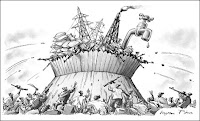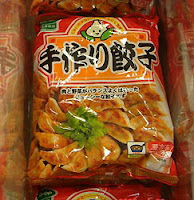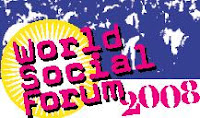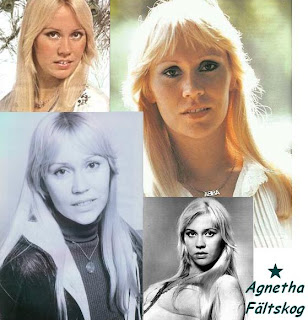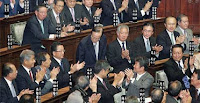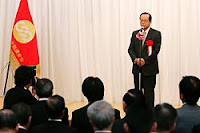Gyoza update: 415 people sick, NGO reactions
NHK and other Japanese media are reporting tonight that 415 people may have gotten sick from the Chinese dumplings imported by JT Foods. Also, an early warning a month ago was ignored by the authorities here, which led to a delay in the product recall until yesterday. List of the so far recalled 67 products from 10 different companies: 商品回収情報 (in Japanese). Update Feb 1 : Food Safety Citizens' Watch, a NGO established by Consumers Union of Japan and other consumer groups, is questioning the responsibility of the government. Read more here (in English). Quote: This kind of problem arises as a result of insufficient import controls and quarantine systems. At the same time, we must seriously question the responsibility of the government, which did not rapidly make all information known to the public. Now, consumers cannot feel assured about the safety of the food we eat. As this case is now under investigation, efforts should also be made to prevent that such incidents reoccur. Unde
